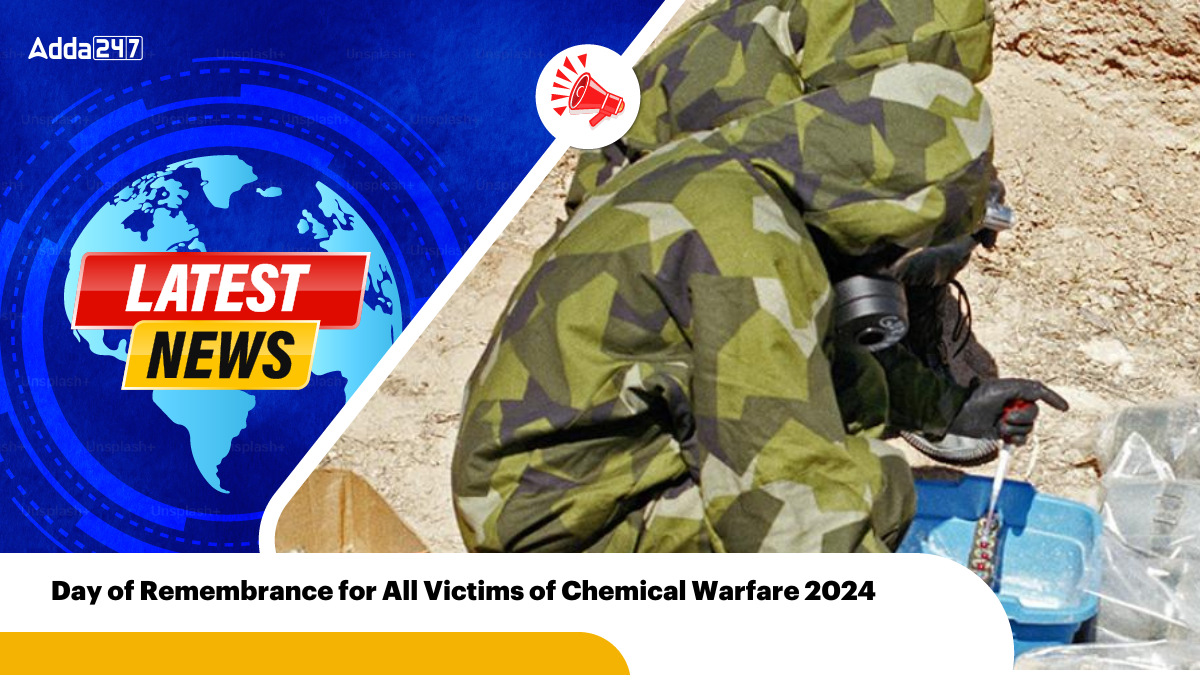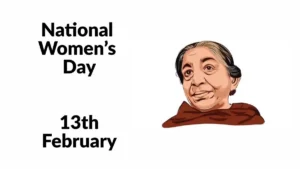The Day of Remembrance for All Victims of Chemical Warfare is observed annually on November 30. Established during the 20th Session of the Conference of the States Parties to the Chemical Weapons Convention, this memorial day honors the memory of victims and strengthens the commitment of the international community to the complete eradication of chemical weapons.
This observance not only pays tribute to the victims but also reinforces the principles of peace, security, and multilateral cooperation.
Why November 30?
The date aligns with the annual sessions of the Conference of the States Parties to the Chemical Weapons Convention (CWC). When the session’s opening day differs, the observance occurs on that first day.
The observance reflects the global resolve to ensure that the atrocities of chemical warfare are never repeated.
The Chemical Weapons Convention (CWC)
Adopted in 1993 and entering into force on 29 April 1997, the CWC is a landmark treaty aiming to completely eliminate chemical weapons.
- Preamble: Affirms the commitment “for the sake of all mankind, to exclude completely the possibility of the use of chemical weapons.”
- Implementation: Overseen by the Organisation for the Prohibition of Chemical Weapons (OPCW), headquartered in The Hague, Netherlands.
Key Achievements
- Global Ban: As of now, over 193 states are parties to the CWC, making it one of the most successful disarmament treaties.
- Stockpile Elimination: Over 99% of declared chemical weapon stockpiles have been destroyed under OPCW supervision.
Historical Context
World War I:
Chemical weapons were used on a massive scale, leading to over 100,000 fatalities and a million casualties.
World War II:
Despite their availability, chemical weapons were not used in Europe, marking a turning point in global attitudes toward such weapons.
Following WWII, the world recognized the limited strategic value of chemical weapons compared to their immense destructive potential. This led to increasing efforts for their prohibition.
Third Review Conference of the CWC (2013)
Held from April 8-19, 2013, in The Hague, the Third Review Conference solidified global resolve with:
- A political declaration affirming the States Parties’ “unequivocal commitment” to the chemical weapons ban.
- A comprehensive review of CWC implementation and a roadmap for OPCW’s priorities over five years.
The Role of OPCW
The OPCW, established under Article VIII of the CWC, is responsible for:
- Ensuring the implementation of the treaty.
- Conducting international verifications of compliance.
- Promoting cooperation and consultation among States Parties.
Commemoration and Global Importance
The Day of Remembrance is a solemn occasion to:
- Honor Victims: Remember those affected by chemical warfare.
- Promote Disarmament: Reaffirm the commitment to a world free of chemical weapons.
- Raise Awareness: Educate the global community about the dangers and consequences of chemical warfare.
Summary of the News
| Aspect | Details |
|---|---|
| Date | November 30, 2024 |
| Purpose | Honour victims of chemical warfare and promote global disarmament |
| Established By | 20th Session of the Conference of the States Parties to the Chemical Weapons Convention |
| Key Treaty | Chemical Weapons Convention (CWC), 1993 |
| Implementing Body | Organisation for the Prohibition of Chemical Weapons (OPCW) |
| Global Achievements | Over 99% of declared chemical weapon stockpiles destroyed |
| Historical Milestone | Chemical weapons used extensively in WWI; global disarmament efforts intensified post-WWII |
| Significance | Reinforces peace, security, and global multilateral cooperation |



 National Women's Day 2026 India: Signifi...
National Women's Day 2026 India: Signifi...
 World Radio Day 2026: Why Radio Still Ma...
World Radio Day 2026: Why Radio Still Ma...
 National Productivity Council Marks 68th...
National Productivity Council Marks 68th...








